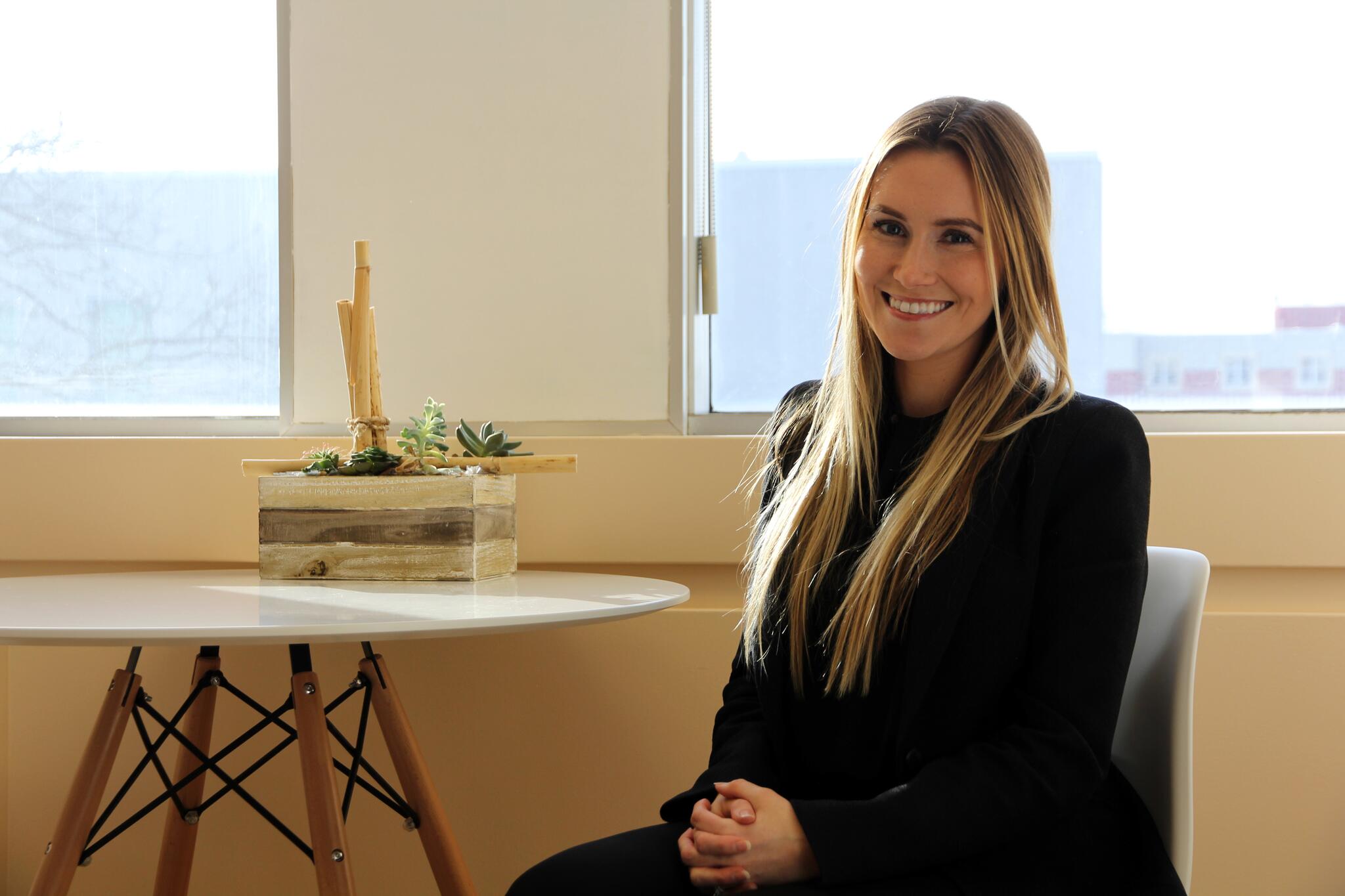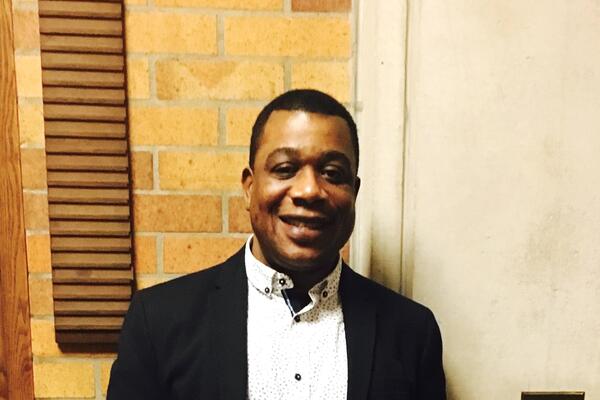 You might remember a favourite teacher from your schooling. Maybe this person taught in a way you related to in particular, or perhaps they were specifically encouraging to you.
You might remember a favourite teacher from your schooling. Maybe this person taught in a way you related to in particular, or perhaps they were specifically encouraging to you.
While the focus on how students learn often zeroes in on teaching materials or curricula, it’s important to also consider a teacher’s expectations for their students.
“Teacher expectations can influence student perceptions of themselves which can have a sort of self-fulfilling prophecy effect,” noted Dr. Kristy Timmons, Assistant Professor of Early Childhood Education at the Faculty of Education. “We can actually predict how a student will score in high school based on their kindergarten teacher’s expectations, which is terrifying in some ways.”
The findings of Kristy’s research reveals the ways expectations can influence teacher practices and interactions with certain students – for instance, placing a perceived high performing student into play-based interactions while another student is given repetitive, procedural-type activities because that’s what teachers believe the students need to consolidate their learning.
This phenomenon of lower expectations leading to less stimulating learning particularly affects young girls and those from historically excluded communities.
Timmons is building on her earlier expectation research with a SSHRC Insight Grant-funded study, called “Inequity at the Starting Line: The influence of teacher expectations, beliefs, and practices on learning outcomes in kindergarten”. This research seeks to support teachers to re-evaluate how they engage with their learners.
“Research shows that teachers tend to call on male students more often in the classroom,” she added. “They're not necessarily doing this on purpose and many of the female students might have their hands up. It can sometimes be attributed to implicit biases, though the purpose of this study is to understand the reasons behind these differentiated interactions with students.”
Well behaved or well regulated?
Expectations are shaped by a teacher’s views of a student, and the views can be informed by a student’s behaviour. However, it is also important to remember that the decisions educators make for learning influences the ways students behave. Some teachers may expect students to be “controlled” and “respectful” in the classroom environment. But sitting still, waiting your turn, and remaining calm and quiet for several hours of the day isn’t always easy in a classroom setting and, Kristy noted, not always the appropriate response either.
“In the context of education, we think about self-regulation as being more about goal-directed behaviors,” she said. “Sometimes people think self-regulation means always being at a kind of happy, stable level, but it's actually about having the emotions and behaviours that match the demands of a task. It is OK for a child to be upset in an upsetting situation.”
The topic of self-regulation in the classroom has only become more complex following two years of predominantly remote and online learning. In the wake of the COVID-19 pandemic, Kristy studied the implementation and impact of remote teaching and learning in Ontario in the early primary school context.
“One of the most commonly reported concerns was self-regulation” Kristy said. “Although the term self-regulation may make one think only of the self, it is important to remember that children learn self-regulation skills by engaging with peers and adults. A more appropriate term in the context of the early years is co-regulation or socially-shared regulation. What we're seeing now that the students are back in the classroom is that there was this loss of learning not just academically but socially as well.”
On this subject, Kristy is leading research which aims to better support teachers in their understanding of self-regulation particularly in the kindergarten environment. She is reviewing curriculum documents to understand how different Canadian and international jurisdictions define self-regulation and the ways the documents discuss supporting these skills.
“There are incredible educators who have practices that they're engaging in that are supporting self-regulation skills, and we could actually use their voices in some of the policies,” Kristy said. “If we want to improve the policy and practice, we need to involve teachers and registered early childhood educators.”
Success beyond grades
While self-regulation and teacher training is important, ensuring the success of students is about more than the classroom environment. Students are whole people and bring their lives into their learning.
To understand this side of the equation, Kristy’s research is augmented by work around parent and educator capacity.
“The teacher is the most important in-school factor impacting a student's learning,” she said. “But the most important overall factor is the parents, and so that's why my research also includes thinking about parents as the key stakeholder and the overwhelming influence on children’s learning. Part of the data collection we're doing right now involves interviews with parents, and they have shared that they feel empowered to speak about their children’s school experiences and otherwise haven't felt like they can speak about it or didn't have the opportunity to do so.”
One project Kristy is working on is a program evaluation of British Columbia’s Provincial Outreach program for Fetal Alcohol Spectrum Disorder (POPFASD), which aims to increase educators’ capacity to meet the learning needs of students with Fetal Alcohol Spectrum Disorder.
“There's a lot of stigma and misconceptions around FASD, and we don't spend a lot of time in teacher training programs talking about it,” Kristy said. “The POPFASD in B.C. is leading the way in Canada and it's really an opportunity for other provinces to learn about how we can encourage teachers to become more familiar with how to support students with FASD and their families.”
Alongside one of her graduate students, Cheryl Lee-Yow, Kristy is also studying the implementation of the Canada-wide early learning childcare agreement – more commonly recognized as the ‘$10-a-day daycare program’ – and, in partnership with Dr. Aurelia Di Santo of Toronto Metropolitan University, working to scale up assessment efforts of a refugee-led early childhood education programs in emergency contexts in Chad.
“They were having challenges assessing this unique initiative, where the parents, typically the mothers of some of the children, are being trained to offer the early childhood programs,” Kristy said. “If we think about indicators of success, in addition to academic indicators, one of them is access to safe drinking water and food. Funders are sometimes only focusing on the academic outcomes, which makes it difficult for them to demonstrate their true successes to funders.”
To learn more about Kristy Timmons’ work, visit her Faculty bio.
Interested in supporting projects like this? Contribute to our Community Initiatives Fund.

